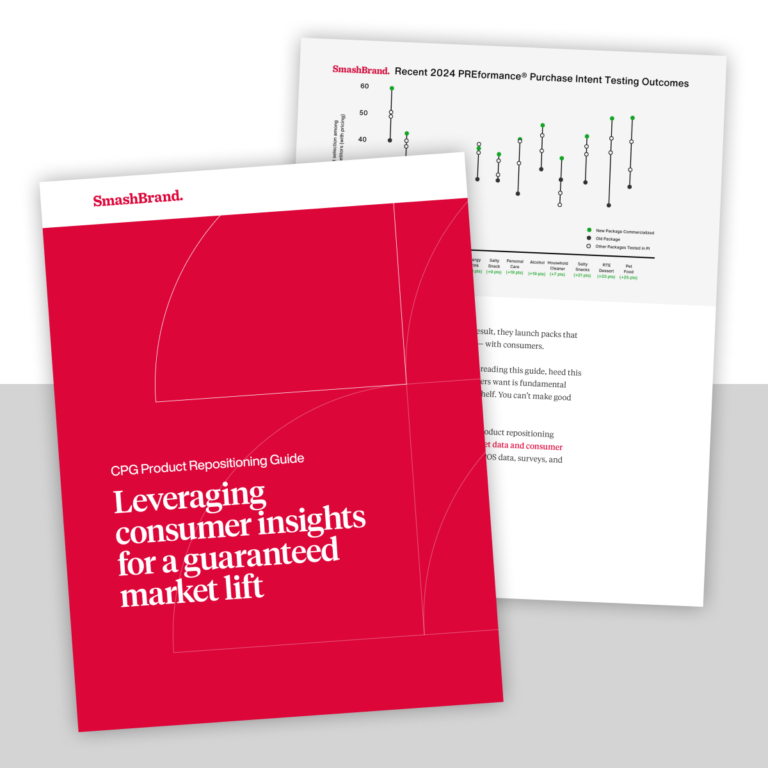We don’t generally do a ton of techno-blogging because it’s far more fun to riff on client headaches, stupid design choices and ill-conceived packaging decisions. However, our front-end development sister company SmashStack has been getting a lot of questions about their content management system of choice, namely: “What is your content management system of choice?”
As far as blogging sites go, we humbly bow before the mighty alter of WordPress. It’s the most widely used blogging platform and has no equal … yet. However, we prefer MODx. Why, you ask? Oh, too many reasons to count. But let’s talk about the top three main reasons we choose MODx.
Customization
This is, by far, the main reason we use MODx rather than WordPress. We are a Web design firm; we tend to want to design websites based upon what our clients want and what is best for their brand and not what a software template allows us to do. Call us demanding.
To customize the layout for a website using WordPress, you have to circumvent all of the many, many restrictions built into the WordPress framework. This mainly involves hacking, and can take up a ridiculous amount of valuable, highly monetized time. Because the majority of the clients for which we design want to integrate numerous features into their websites, not just blogs, we choose MODx. It’s easier for everyone.
Go Big, Include Apps
We’re always thinking big over here at SmashBrand. Large websites want flexibility and sophistication. Even though WordPress is a good blogging platform, many of their sites look like blogs, which is why news organizations and magazines use it so heavily. There is really no kind of Web site, page or app that MODx can’t handle extremely well and with almost infinite variety, and a lot of the Web’s future is going to be in the realm of apps.
Security
WordPress-powered sites are more vulnerable to hackers than MODx sites, in large part because WordPress powers such a huge percentage of websites. However, MODx was designed with security in mind; it’s aggressively filtered and prevents SQL injections’ corruption. Also, the MODx core files can be scrambled and moved outside of the Web root, helping reduce threat exposure management risks by limiting hacker access to core code.
For added security, using a reliable password manager is crucial for both developers and users to manage and secure their passwords effectively, reducing the risk of breaches. Additionally, employing a remote access VPN can provide an extra layer of protection by securing access to the MODx environment.
Giving WordPress its due
Don’t get us wrong; WordPress has its champions for good reason. It is one of the most widely used platforms available. Someone who wants to get a website up and running lickety-split without any headaches or technical ability could use WordPress quite happily.
MODx isn’t for the faint of heart; designers have to be fairly sophisticated in order to navigate all of the features effectively. The great thing about WordPress is that it offers the casual user the opportunity to create pretty darned sophisticated websites and portfolios with minimal practical knowledge. For example, if you were going to try to publish your glossy CV online, don’t have a lot of experience with Web design, and aren’t interested in customizing every single detail, WordPress would be your best bet.
WordPress is also easier for the layperson to figure out without much assistance or research. Because it doesn’t offer a world of customizable features, the interface and dashboard are comparatively pared down and don’t have a lot of potentially confusing options. However, whether or not you’ll find WordPress or MODx easier depends entirely on your own level of experience and adaptability; a totally raw recruit with no experience of the back end may find both platforms equally confusing. Who knows?
We aren’t on the MODx payroll, so we aren’t trying to sell their features at the expense of WordPress (not that we wouldn’t accept a check, if MODx feels inclined to write one). However, for Web designers, it is extremely important to become familiar with appropriate platforms that offer the user the ability to create the best websites for their clients and their portfolios, whether they choose to use MODx, WordPress, Drupal, Joomla! or whatever.
Quick Summary
WordPress Pros
- It’s ready out of the box without needing much customization.
- It’s an easy install with tons of ready made themes for beginners.
- Fantastic for blogs, personal, news and content based websites.
WordPress Cons
- It’s bloated and buggy due to the massive plugins that sites run.
- Security issues are very common.
- Lacks easy customization that advanced CMS users and web development firm needs.
MODX Pros
- This CMS is built to be customized.
- Great for websites of any scale, small to large.
- Less security issues than WordPress.
MODx Cons
- Like we said above, this CMS is built to be customized. That can be a daunting task if you are a beginner.
- Third party plugins are not widely developed yet.
- If you need extra support there is very little beyond the official docs and MODx forums.
Which system do you prefer? WordPress or MODX? Tell us what you think and comment below.
Data-Driven Brand Development
Want a best-selling brand? SmashBrand is a brand development firm for FMCG and CPG companies. From brand strategy to packaging design testing, our Path To Performance™ process guarantees a retail performance lift. Book a time to discuss your project with our team.
Subscribe to
Nice Package.
A monthly newsletter that unpacks a critical topic in the FMCG & CPG industry.
Free Resource.

CPG product repositioning guide.
Explore the five undeniable signs your CPG product needs repositioning along with strategies for leveraging consumer insights for a guaranteed market lift.
Learn More About CPG product repositioning guide.